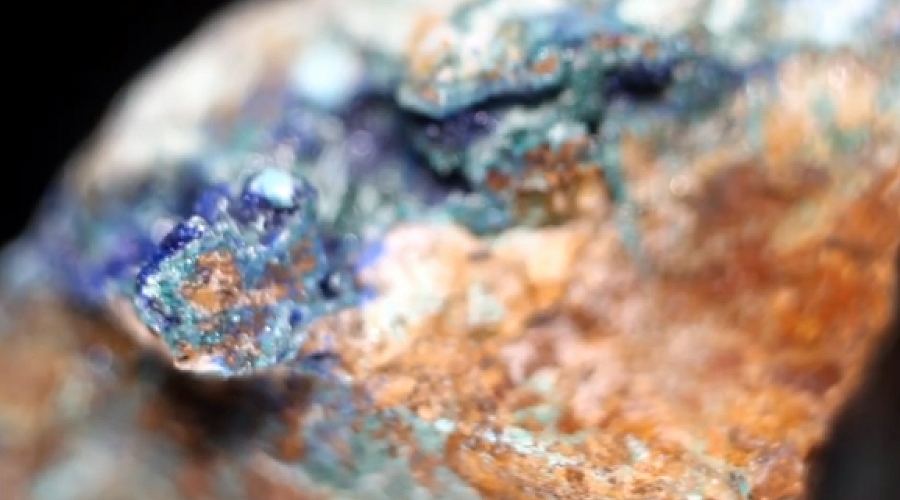
LONDON, June 23 (Reuters) – Minerals company Cobalt 27 Capital Corp made its debut on Canada’s Venture Exchange on Friday, raising C$200 million ($150.7 million) in a listing that offers investors exposure to cobalt, a key metal for batteries in electric cars.
Cobalt 27’s initial public offering highlights the burgeoning market for cobalt as the car industry’s push towards electric vehicles gathers pace.
The company’s shares were trading at C$9.17 at 1351 GMT, against an offer price of $9 and an earlier high C$9.50.
Cobalt 27 owns close to 2,160 tonnes of cobalt — worth about $125 million, according to London Metal Exchange prices. The cobalt is stored in warehouses in Baltimore, Antwerp and Rotterdam.
Most cobalt is a byproduct of copper and nickel production by miners such as Glencore, Canada’s Sherritt International and China Molybdenum.
“We’re a pure play on cobalt and a thematic play on electric vehicles,” Cobalt 27 Chief Executive Anthony Milewski told Reuters. “Our cobalt can be traced back to the producer. It hasn’t been produced by child labour.”
That is a reference to artisinal mining in places such as the Democratic Republic of Congo, where individuals mine independently to produce metal, often illegally and under poor health and safety conditions.
Congo’s rich cobalt deposits — it accounts for almost two thirds of global output — has also attracted fellow Canadian resources company First Cobalt, which is investing there despite the central African nation’s turbulent political environment.
As Milewski indicated, the interest is largely down to cobalt’s use in lithium-ion batteries used to power electric vehicles, which are expected to become increasingly popular as governments clamp down on polluting fossil fuels such as gasoline and diesel.
UBS recently raised its forecasts for global sales of electronic vehicles in 2021 to 3.1 million units from 2.5 million and to 14.2 million by 2025 from 9.7 million. It expects electric vehicles to account for 3.1 percent of global car sales in 2021 and 13.7 percent in 2025, against 1 percent this year.
“Commodity markets in the lithium battery supply chain would be most disrupted by a rapid increase in EV (electric vehicle) penetration, in particular lithium, cobalt and graphite,” UBS analysts said recently.
“But only cobalt faces the issue of limited reserves, whereas for the other materials current production capacity is the only bottleneck.”
Cobalt 27’s management is planning to grow the business through royalties and agreements with mining companies to buy all or part of their cobalt output at a fixed, predetermined price.
“The company has entered into six agreements to acquire royalties on eight exploration-stage properties containing cobalt, to be acquired immediately following closing of the offering,” the company said in an investor presentation.
Global demand for cobalt last year totalled about 100,000 tonnes, of which roughly half was used in batteries to power electric cars, as well as products including mobile phones, laptops, digital cameras and cordless power tools.
“(Cobalt 27) needs a pipeline of secure supplies,” said Frances Hudson, global thematic strategist at Standard Life Investments, referring to the company’s potential for investors looking for a piece of the cobalt action.
“If the cash flows are there and they can pay a dividend, then this would be a sensible way to do it.” ($1 = 1.3273 Canadian dollars)
(Editing by David Goodman)